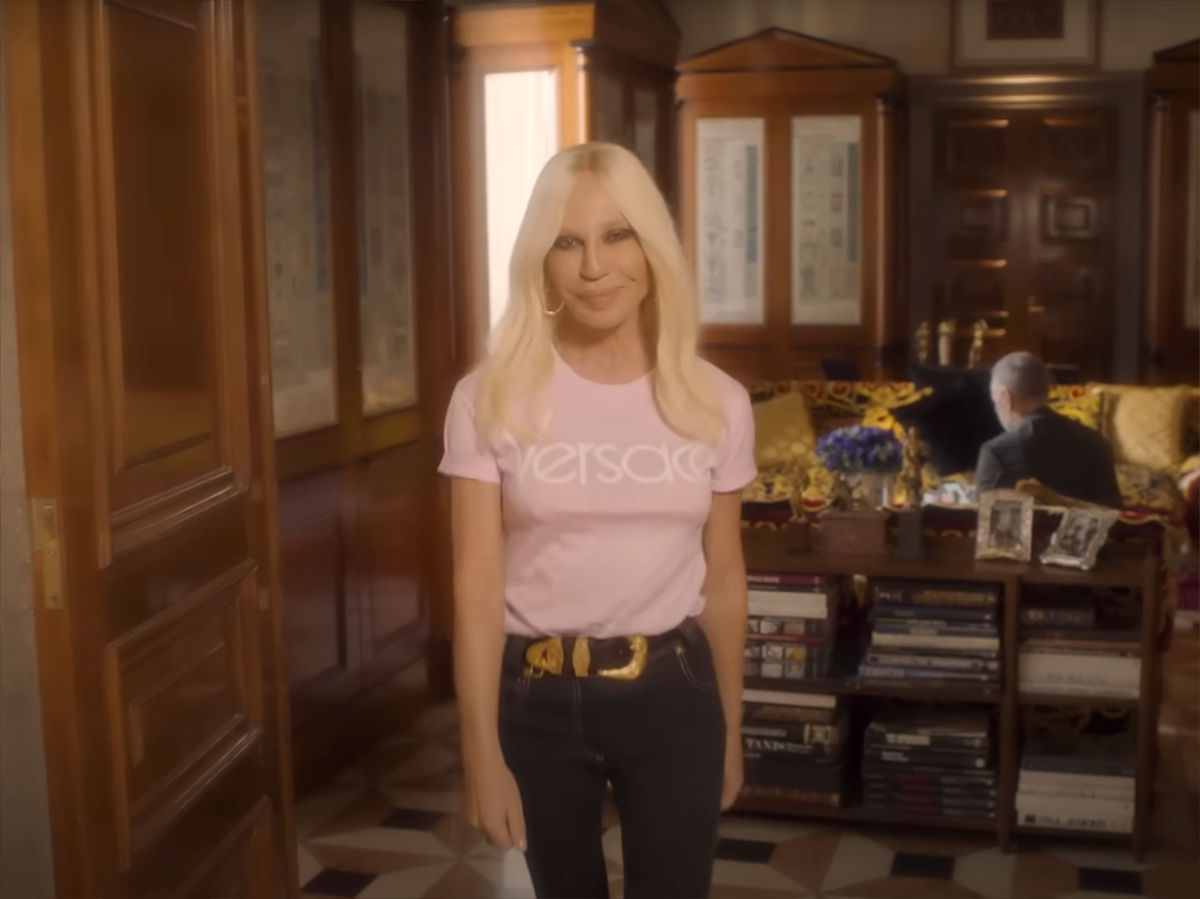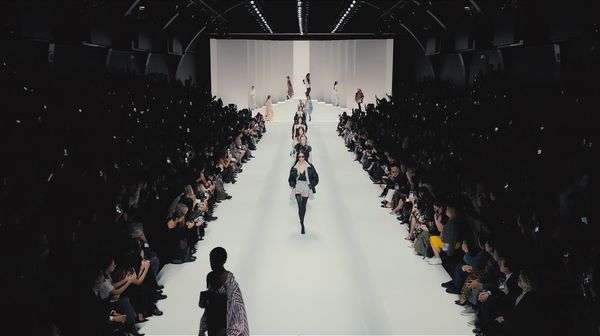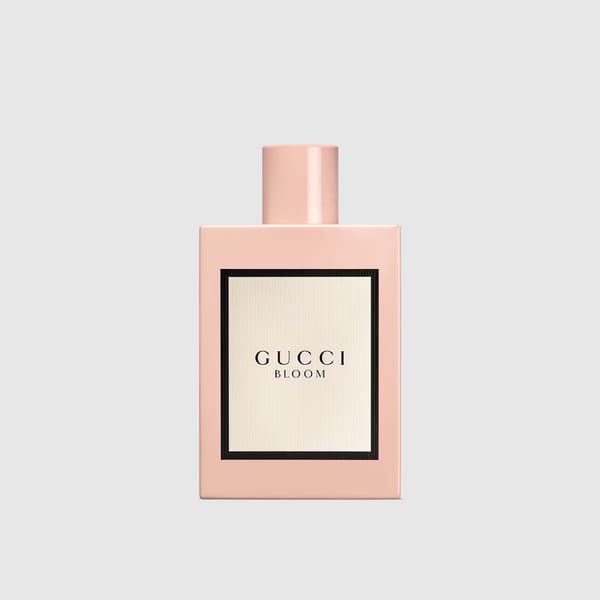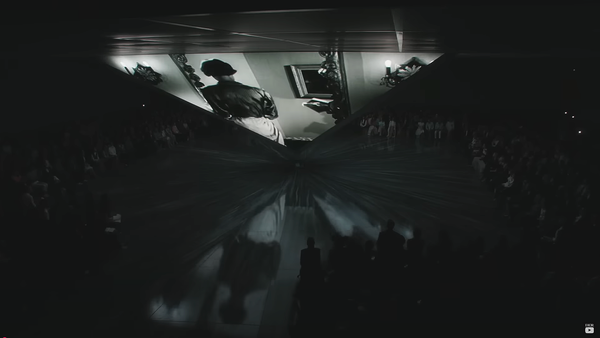The Versace of Versace

As Donatella exits, the soul of Versace faces its most corporate transformation yet.
A Shocking Announcement—Or Is It?
It’s a surprise to hear of Donatella Versace’s departure as Creative Director of Versace—or at least, it should be. The announcement arrived quietly in early March 2025, but for some reason, it didn’t feel like a cultural rupture.
Maybe we’re numb to creative departures now. Maybe fashion houses are used to reshuffling their vision like it’s interchangeable.
Why This Change Now?
But if Donatella is gone, the question is born: what happens now to the "Versace of Versace"?
Quitalks reports that the push came from within. Emmanuel Gintzburger, the new CEO of Versace, and John D. Idol, chairman of Capri Holdings, made the call. It’s said Donatella wasn’t involved in the conversations about her own replacement.
“Financial reasons” were claimed as the deciding factor in replacing the last remaining Versace of the Versace family.
The statement is simple, safe, and vague—a typical “business decision” we’ve become accustomed to. But how do you measure the financial worth of the soul of a brand? Because that’s what Donatella was. She didn’t just inherit a house after her brother’s tragic passing—she carried the weight of legacy, tragedy, and reinvention.
She kept Versace's vision alive through crisis after crisis:
- September 11th
- the 2008 market crash
- the Covid-19 global pandemic
And not just alive—she kept it powered.
She showed up to every industry battle. With color, with representation, and with a vision.
True Understanding
So, now we ask: was this departure a question of ability, of whether Donatella was equipped to lead the house through the next economic and industry phases?
Or was it a decision driven by profit, market shifts, and the desire for a new creative figure to spark business momentum?
What does it say about an industry when its most iconic visionaries are removed in favor of a “fresh start”?
Are we really chasing innovation—or just flipping the page faster because the last one didn’t instantly go viral?
We’ve seen this happen before. When houses want rebranding, they don’t always seek evolution—they seek erasure. And it’s often, unfortunately, the women—the disruptors, the legacy-keepers—who get cleared first. There’s a quiet brutality to it.
A New Era
So, what does this now define? What does Versace become under Gintzburger’s direction? What does it mean when the brand that once turned gold into armor now redefines itself behind closed doors?
We’ve always said Versace is more than a label—it’s a force.
But what new force will it become?
And maybe the bigger question is: Will we chase this new Versace of Versace?





